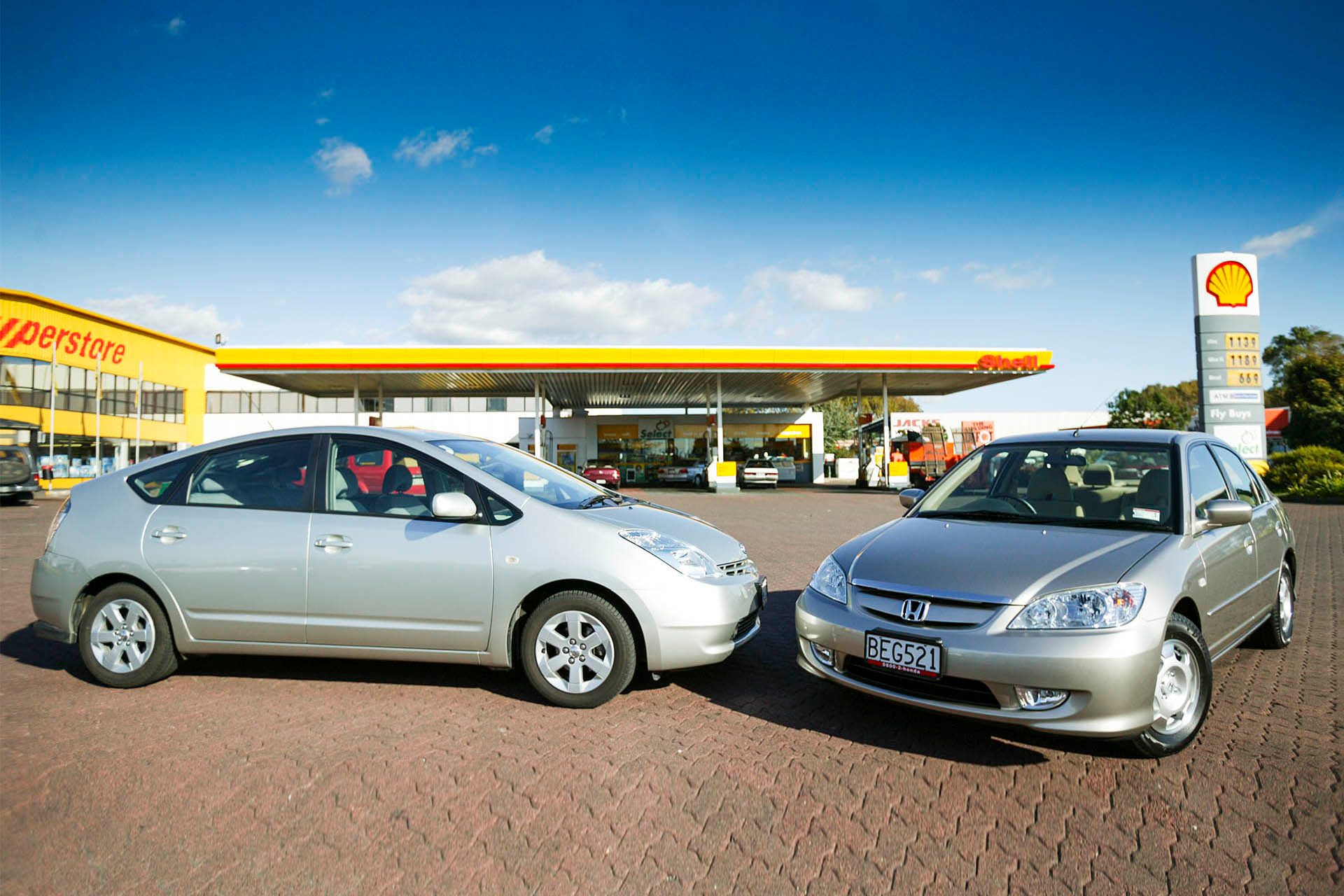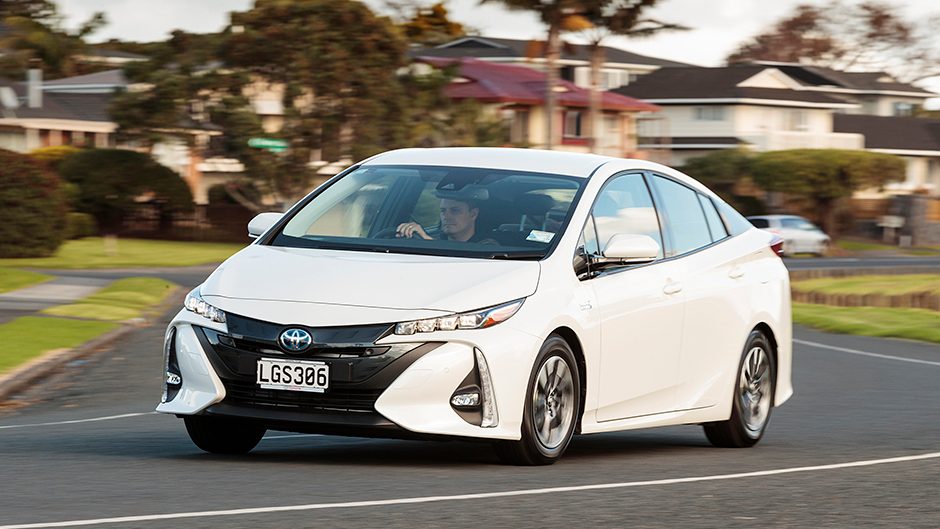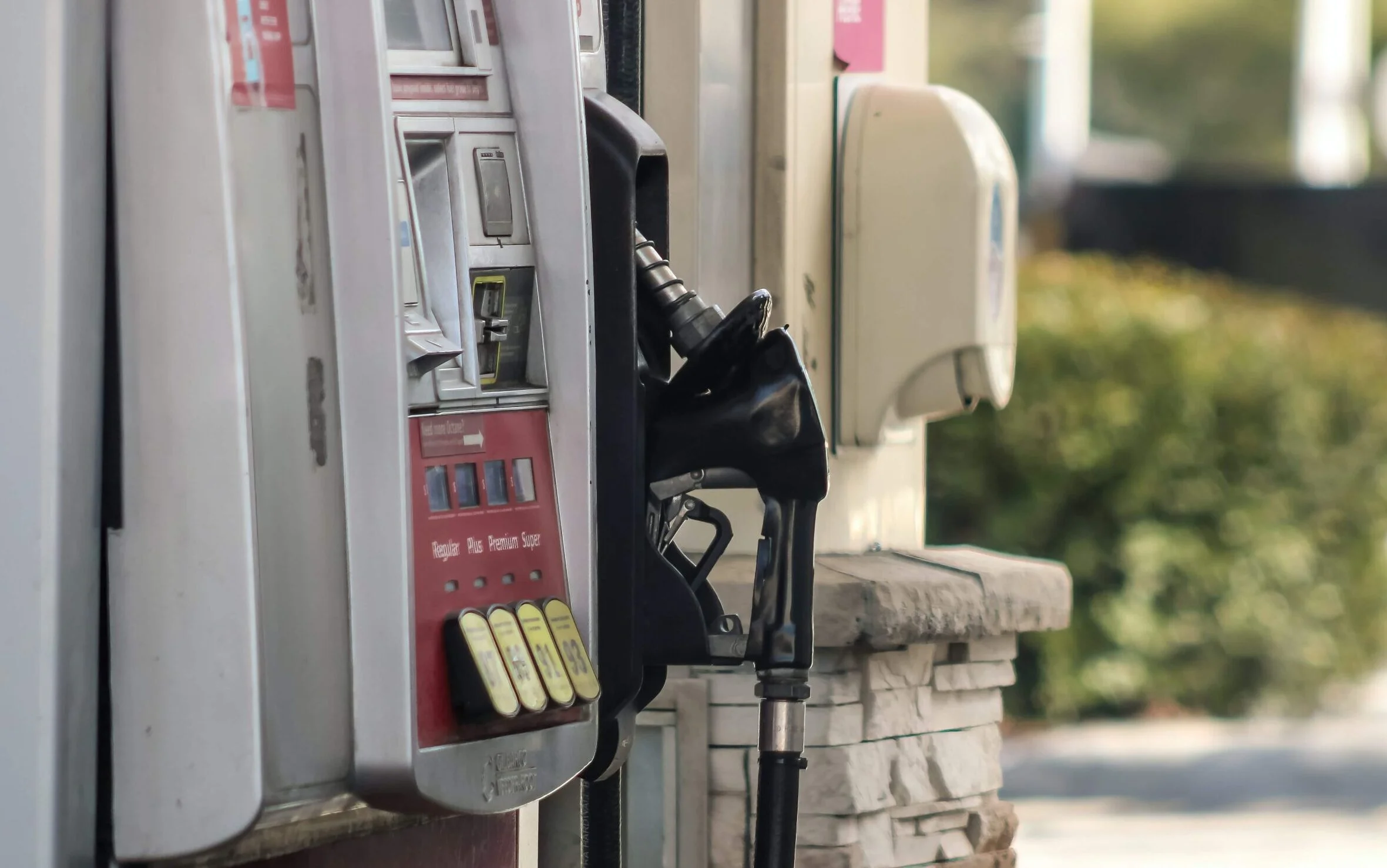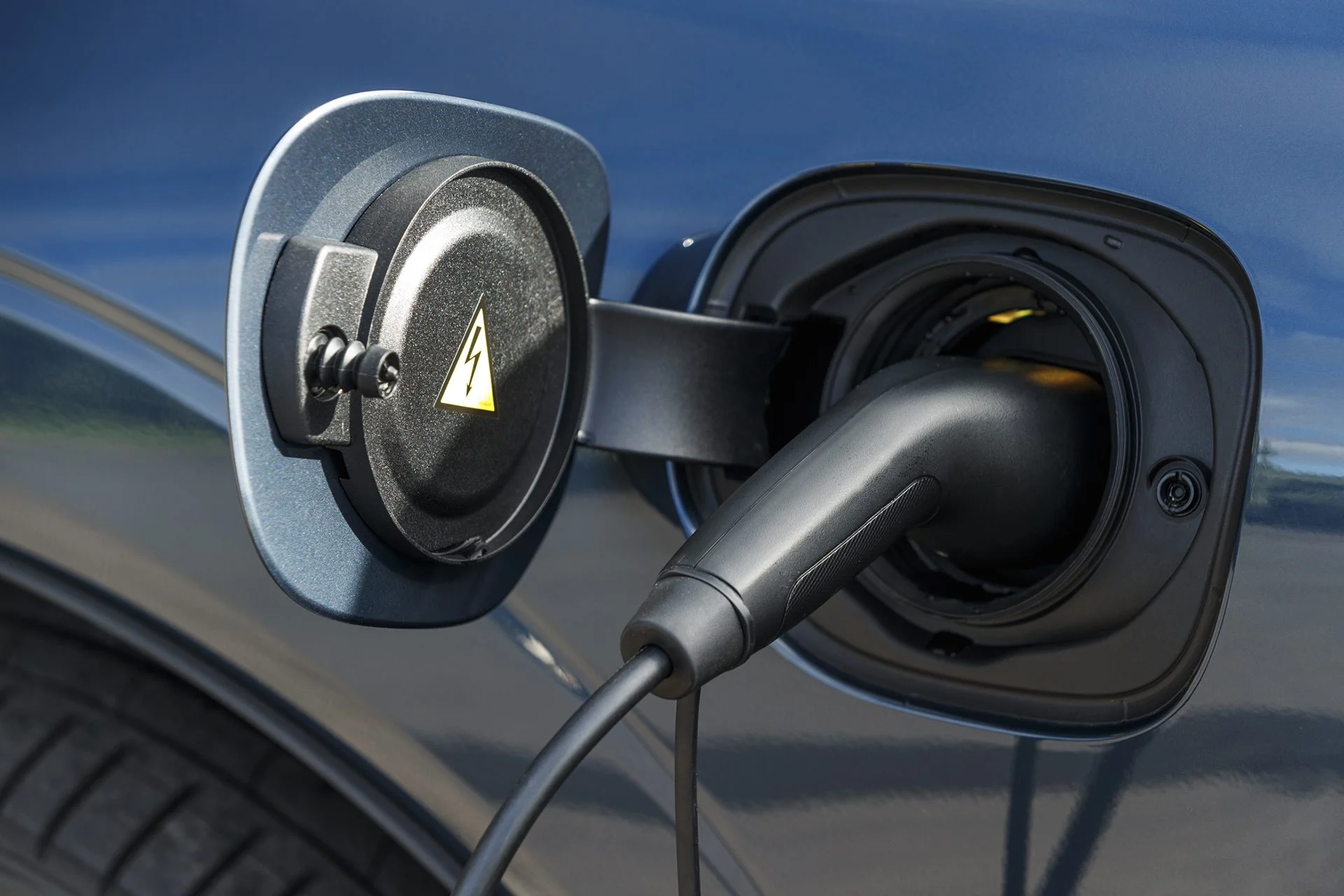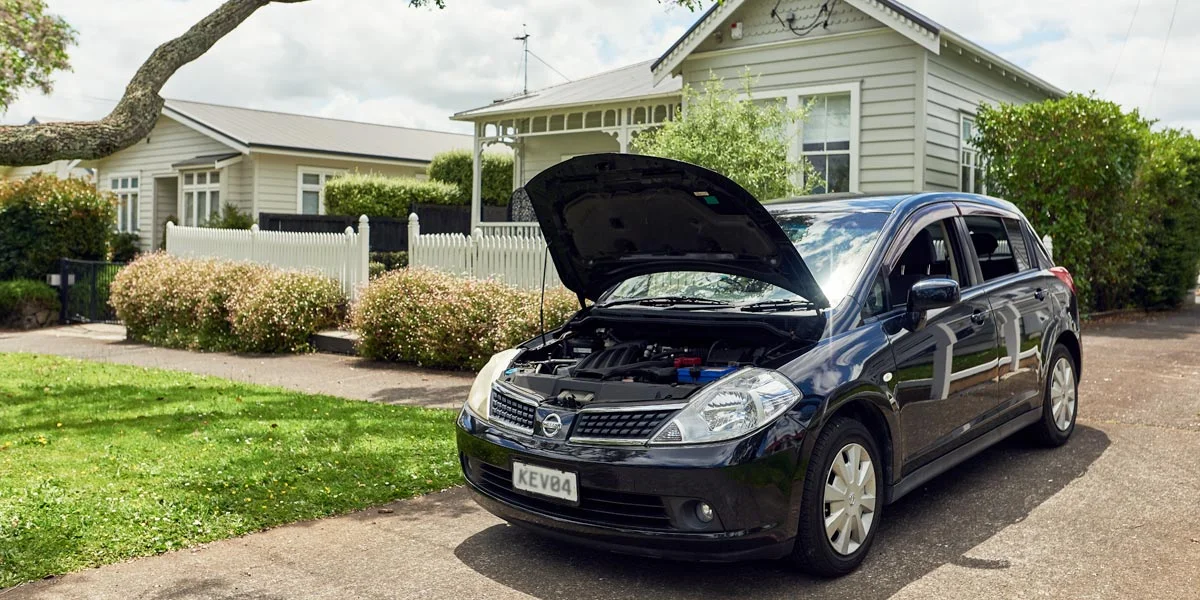Feature article
What you need to know about the changes to Road User Charges (RUC)
Changes to NZ's Road User Charges (RUC) are coming. Petrol tax is out, electronic RUC is in. How will it affect you?

What you need to know about the changes to Road User Charges (RUC)
Hang on, what are Road User Charges?
Summary of the changes
What does this mean for the petrol tax?
What does this mean for petrol prices?
What does it mean for your wallet?
When will this happen?
Author
Other articles you might like
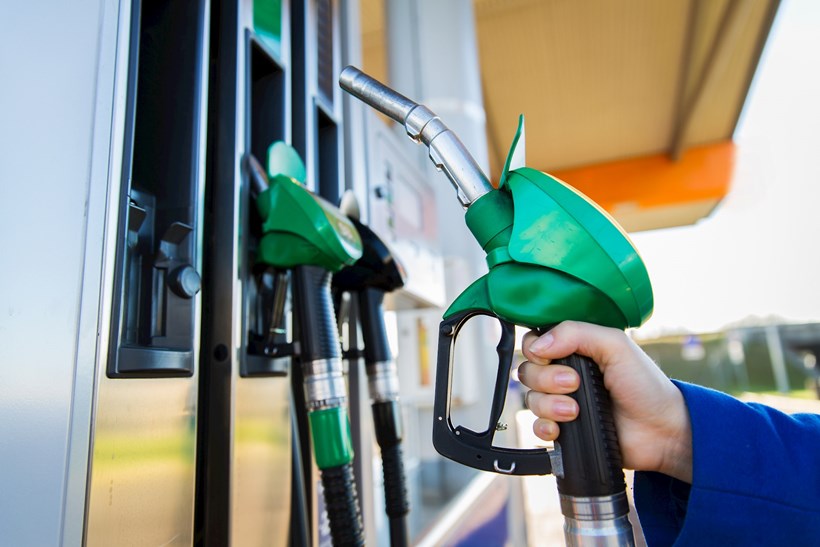
.jpg)
